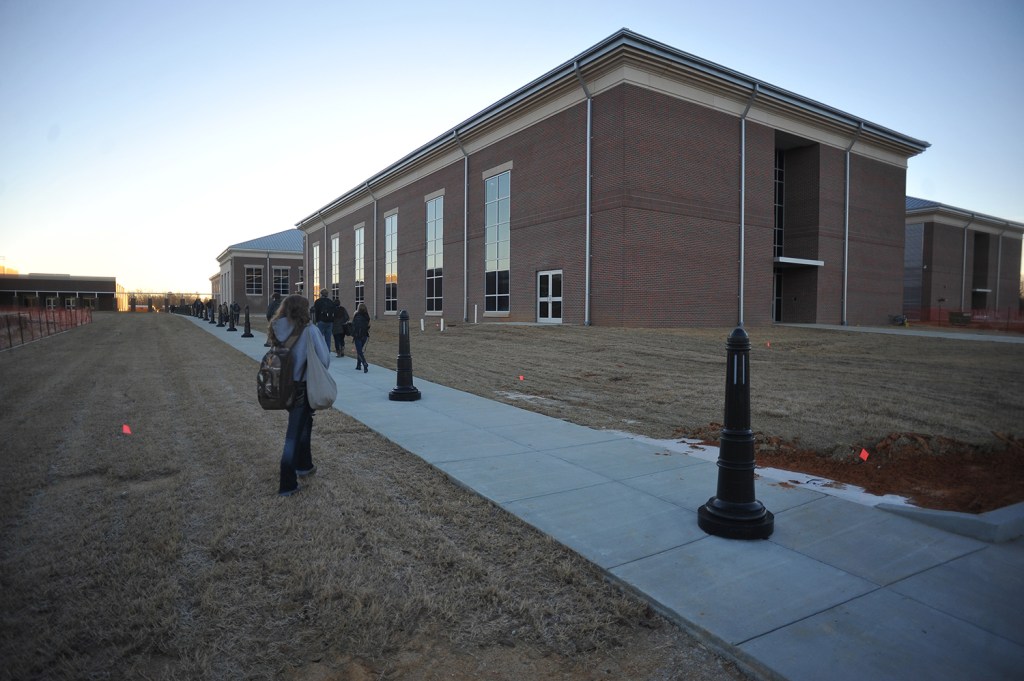Oxford superintendent: ‘We are not going to have a separate school’
Published 9:20 pm Thursday, September 29, 2016
Community members gathered at Oxford Middle School Thursday night to protest reports that the district is considering building a separate “opt-in” school designed for students who live in poverty.
Superintendent Brian Harvey addressed the crowd, assuring them the district is only in the research phase of how to mend what he calls the “achievement gap” in Oxford schools, using other schools and cities as examples. He also took the opportunity to state on the record that there would be no separate school for students who qualify for free and reduced lunches.
Watch Mr. Harvey address the crowd here (Part 1):
"We will not have a separate school" pic.twitter.com/gBQpb1bpEVTrending
— The Charger Online (@theChargerOnln) September 30, 2016
The peaceful protest capped off a day of disbelief within the community and beyond after the student newspaper first reported the district could be considering a separate school.
The protesters have dispersed for the most part, but OHS students have planned a meeting in the gym for before 1st period tomorrow. pic.twitter.com/vD2wMlb8Hl
— The Charger Online (@theChargerOnln) September 30, 2016
Trending
In an interview with the EAGLE Thursday afternoon, Harvey said the district has been looking at a model developed by Achievable Dreams Schools in Virginia, a program promoted as an innovative, community-centered way to give children growing up in poverty a specialized academic, social and moral education.
The curriculum model – whether carried out in a separate school or implemented within a school district – is what the district is interested in investigating, Harvey said, particularly considering Achievable Dreams touts a 100% graduation rate.
The problem many community members have, however, is not necessarily with the idea of improving educational standards in the district, but the implications of dividing it by socioeconomic lines, even as an opt-in program.
Jr. @QuanKilla87 & Sr. @SadityLyd are on campus, among more, to protest against the "poverty discrimination" detailed in the article. pic.twitter.com/aIEQj7eLCW
— The Charger Online (@theChargerOnln) September 29, 2016
With around 47 percent of the district qualifying for free or reduced lunch, Harvey argues this is an issue defined by poverty, not race.
However, considering an estimated 24 percent of black families in Lafayette County live below the poverty level compared to 11 percent of white families, the possibility for a disproportionate school population is difficult to ignore. Especially in Mississippi, a state that continues to struggle with issues of desegregation.
Harvey said Thursday afternoon the district will continue exploring all options for closing the achievement gap. Implementation, once a decision is made, will likely take years to develop.






